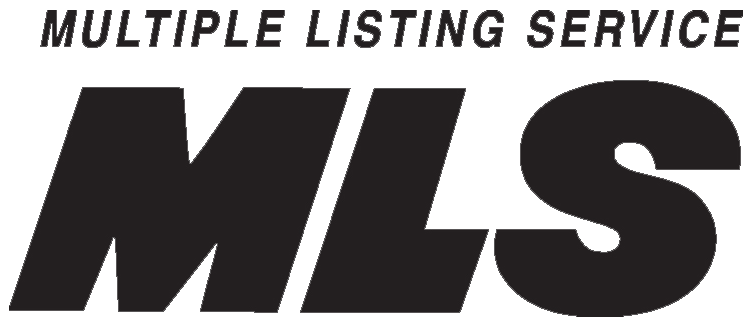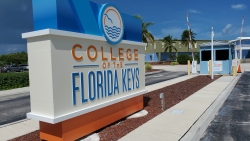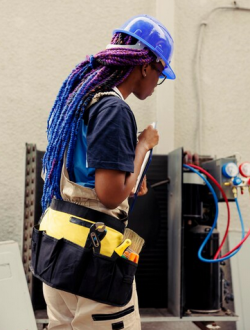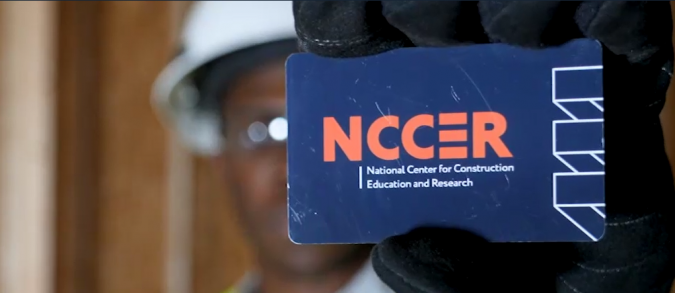The College of the Florida Keys (CFK) continues its leadership in Quality of Life education for Key West and the Florida Keys by offering Construction Apprentices in the Electrical, Plumbing, Carpentry and HVAC industries. This apprentice program combines local OJT with classroom study, the result of which is the receipt of an accredited certification that is recognized throughout the United States. No other agency or entity in Key West offers such a work-life enhancing challenge and reward. Here's how to benefit -
______________________________________________________________________________________
The CFK Apprenticeship Program; Electrical, Plumbing, HVAC, and Carpentry, is a 4-year program that offers students a different approach to traditional college instruction. It combines paid On-the-Job Training (40 hours/week year-around) with a local employer and hands-on class instruction in the evenings on campus (5 hours/week in the Fall/Spring).
Upon successful program completion, apprentices will be identified as “journey workers” and will receive a four-level certification by the National Center for Construction Education and Research (NCCER) as well as a nationally-recognized Completion of Apprenticeship certificate from the State of Florida.
This apprenticeship program was initiated after Hurricane Irma with funds made available through the Florida Department of Economic Opportunity’s Rebuild Florida Workforce Recovery Training Program. The Rebuild Florida Workforce Recovery Training Program trains Floridians in the construction trades necessary to support disaster recovery efforts. Presently, the program is funded by the CFK and participating employers.
The applicable Floria Statute is Chapter 446 - Job Training.
Who is an Apprentice?
An Apprentice is a person of at least 16 years of age, who is engaged in learning a recognized skill trade through actual work experience while under the supervision of journeyworkers. On the job training should be combined with properly coordinated studies of related technical and supplementary studies. The Apprentice has entered into a written agreement with a registered apprenticeship sponsor who likewise is an active participant in this Program.
An Apprentice may request credit for previous work experience that has been gained outside of the supervision of the present employer or sponsor. For instance, a veteran may submit a DD-214 as proof of experience though the decision to award credits is at the discretion of the sponsor or employer.
The CFK Construction Apprentice Program is approved by the Veterans Administration (VA).
Employer Participation
We are constantly looking for new Employers to join us in the Construction Apprenticeship program. Employers, private and public sectors, are an active participant in the Apprenticeship Program and are strongly encouraged to sponsor, interview and hire the ever increasing number of applicants that partake in the Apprenticeship program each semester. Employers for Apprenticeships can particpate in three ways:
- Sponsor an existing employee/apprentice in your business through the program.
- Sponsor the program; then interview and hire an apprentice that has been reviewed and admitted into the program.
- Be a paid Instructor. The instructor will become a NCCER certified instructor and be provided with the course syllabus and testing modules for each level.
Learn while you Earn
Through its “learn while you earn” model, apprentice students are employed (and paid) full-time with a sponsoring employer who is partnered with CFK. Students attend classes at no charge while developing their skills through on-the-job training with their employer/sponsor. As apprentice students advance through the program, their progress is rewarded with periodic wage increases.
The awarding of a Certificate upon completion shows all who view it that the Apprentice has complied with and succeeded at a rigorous, nationally recognized program. The Certificate equates to specific standards of performance and assures the employer they are hiring a craftsman who possesses the mental and physical skills to be a solid member of the employer's company and team.
Melissa Hertzog, Director Workforce Development, Community Education and Testing is the point of contact at the College of the Florida Keys for the Construction Apprenticeship Program. You may reach Ms. Hertzog at apprenticeships@cfk.edu and 305.809.3185.
Credentials versus Certification
Credentials are a key element of the workforce development system in the U.S. Credentials are the building blocks that lead to Certification and Certification leads to job security, advancement and added control of the worker's future.
While a common misconception is that the only path to a successful career is through a college degree, the construction industry shows that credentials plus certifications pave the way for job satisfaction, a competitive skillset and a lucratve career.
The National Center for Education Statistics projected that through 2024, jobs needing a bachelor’s degree will be 50% oversupplied and careers requiring a master’s degree will be 90% oversupplied. Yet Construction Industry Resources indicates the construction industry nationwide faces an estimated skilled labor shortage of 1.5 million through 2023.
Conclusion
Whether you are flying or fixing a Navy jet, doctoring or transporting a patient for recovery or designing or constructing a new home or commercial building, training is the difference between excellence or mediocre - between 1-2 people accomplishing the task today and 4-5 people accomplishing the task whenever it gets done.
Training benefits the employer with enhanced worker productivity and improved efficiency in labor cost per task. Employer provided training develops a bond between the worker and the employer that leads to merit based promotion and greater mutual respect - trust.
Training benefits the worker with an enhanced sense of accomplishment, higher wages and a greater probability of advancement and responsibility. A trained worker has greater control over their future and a deeper sense of self-satisfaction - happiness.
The CFK Construction Apprenticeship program is a boon to the entire community of Key West and the Florida Keys as it benefits both the private and public sector.
Note: The City of Key West provides Specialty Pay Certifications for various Automobile Service Excellence (ASE) certified mechanic positions and for various Building Department Inspectors, but does not provide certification training for any of its electricians, plumbers, carpenters or HVAC technicians. Maybe the City of Key West could select some of its workforce for the Apprenticeshp Program, maybe even some of its certified Inspectors could become instructors.
If you have any comments or questions, please contact me here.
Well done CFK!
Additional Sources:










